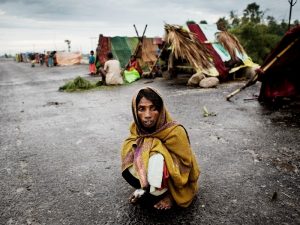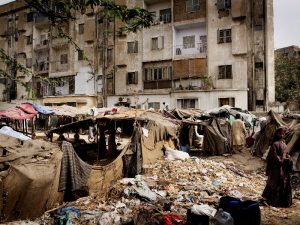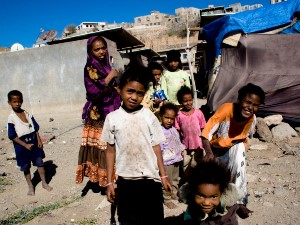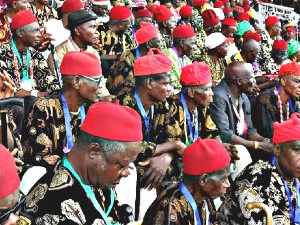Where is it found?
India
India has an estimated 200 million Dalits (according to the 2011 census, around 16.6% of the population are Scheduled Castes). Despite anti-caste discrimination legislation designed to protect Scheduled Castes/Scheduled Tribes (Adivasis) – there is still a significant problem. Dalits are the victims of over 60% of hate crimes, Dalit women live an average of 14.6 years less than women of other castes, and 57% of Dalit children enrolled in elementary school drop out.
Nepal
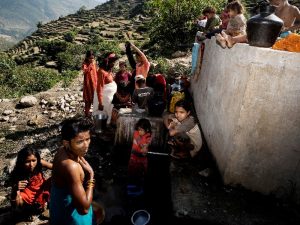
Numbers of Dalits in Nepal vary widely, but they make up approximately 4.5 million or 15-20% of the population. Nearly half of all Nepalese Dalits live below the poverty line and only just over half are literate. Women and girls from the ‘Badi’ caste are forced into prostitution, despite the practise of caste discrimination being outlawed in 1962.
Pakistan
With 2 million, or 1.2%, of the total population, the majority of Dalits in Pakistan are landless and disproportionately affected by bonded labour, including children. While the majority of Pakistani Dalits are Hindus or Christians, there are also the Muslim ‘Ajlaf’ who are considered members of a Scheduled Caste.
Bangladesh
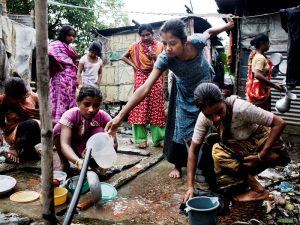
Hindus (‘Bihari’), Muslims (‘Ahmadi)’ and Christians, approximately 3-4% of the total population, or around 4.5 million, are considered Dalits. Roughly 43% of Dalits have cleaning jobs and the lowest of the low live in ‘sweeper colonies’ that are, in effect, ghettos with shanty houses built between open drains.
Sri Lanka
Sri Lanka has made progress in eliminating caste discrimination, but it is still evident in more rural areas, particularly in the tea plantations. The term ‘Dalit’ is not used or recognised in Sri Lanka, but those affected make up approximately 4-5 million or 20-30% of the population, and are found mainly within the Sri Lankan Tamil and Indian Tamil communities, especially among plantation workers.
Japan
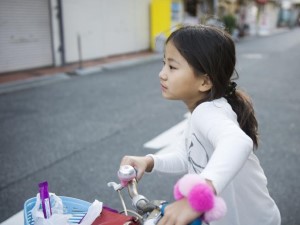
An estimated 6 million Buraku live in Japan, and are discriminated against because of an historical association with jobs such as butchering or tanning leather, which was considered ‘impure’ work. Nowadays, discrimination against the Burakumin is largely based on where they or their parents live. As a result, they often have difficulty in finding employment or marriage partners.
The Yemen
Although the total population of the Muhamasheen (formerly known as Al-Akhdam) community is difficult to pin down, this minority group is regarded as ‘untouchable’ and live isolated from the rest of society. With inadequate access to resources they are forced to perform the most menial jobs or beg, with child disease and mortality rates being particularly high.
African Countries
While the caste system differs from that of South Asia, the common features are social exclusion, difficulty in finding employment, lack of political representation and issues over inter-caste marriage. Recognised as ‘discrimination based on work and descent’, the severity of discrimination and legislation against it is varied, but affects those from Senegal, Nigeria, Mauritania, Niger, Kenya, Somalia and Mali.
Diaspora
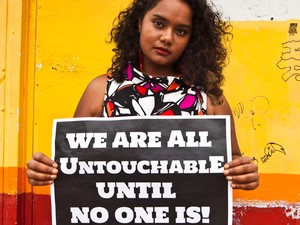
At times the mindset of caste discrimination has followed immigrants to their new countries, and is now found within South Asian communities in East and South Africa, Mauritius, Fiji, Suriname, the Middle East, Malaysia, the Caribbean, the United States and in the United Kingdom. While the severity may be limited, there is still verbal abuse, problems over employment and access to goods and resources, and a disapproval of inter-caste marriage.

